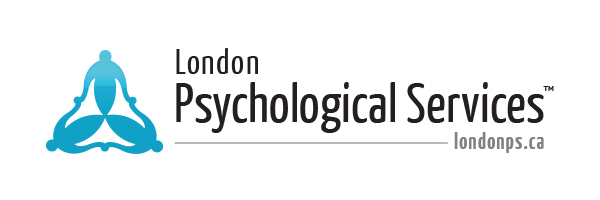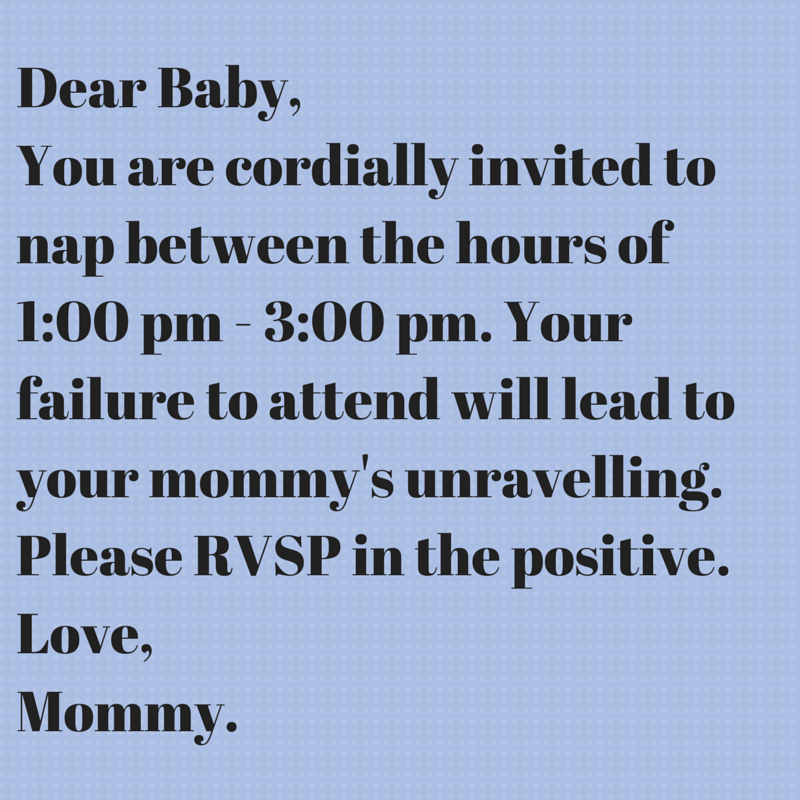Dear New Mom,
First off, you are amazing. You have invited another human being into your life probably without much consideration for your own comfort or the changes to your life this new person will bring. You may be feeling a bit overwhelmed with all of the changes that are happening in your life, and that’s okay; it is overwhelming! Here are a few points to keep in mind when transitioning to this new phase in your life.
Get ready for intense highs and lows. You have probably seen those photos of the serene mother, holding her peacefully sleeping child, and she looks well rested and fabulous. Those moments may happen; enjoy and savour them. There will also be moments where you are pacing the hallways, holding your screaming child at 3:00 a.m., and you can’t even remember the last time you showered. Motherhood is not for the faint of heart. You will go from the depths of despair to pure bliss, and that is totally normal. It’s exhausting, confusing and probably not what you were expecting, but normal.
Start building your village. I know that the saying goes “it takes a village to raise a child” but I think it’s more accurate to say that it takes a village to support a new mom. Start finding members of your village at a stroller fit class, at the park in your neighbourhood, amongst old friends that you have lost contact with but are now in similar life phases. It may feel a little awkward and uncomfortable to put yourself out there, but it will be worth it.
Ask for help. This one can be a hard one, especially if you’ve been used to being pretty self-sufficient up until this point. However, this is a new frontier and help is no longer optional. It is mandatory for your well-being. If you’re not sure what you even need help with, check out this list. Feel free to make numerous copies, highlight what appeals to you, and distribute among your family and friends. People want to help, but may be at a loss at what to do specifically for you.
Grieve your old life. You have just said good-bye to a version of your life that did not include another human being that needs you for almost everything at this point. Gone are the days when you can just hop in the car and run an errand without planning and forethought. You need to consider feeding times, naps, and without fail, your child will poop the minute you strap them into the car seat. It is totally normal to long for easier times. It’s okay to feel sad that your social outings now begin at 9:00 a.m rather than 9:00 p.m. It doesn’t mean that you don’t love your child, it just means that you’re a normal human being.
Accept that mistakes are part of the process. Remember when you were first starting to drive? Remember when you first pressed on the gas pedal too hard, lurching you and your terrified instructor so hard that you thought you had whiplash? Well, there’s lots of those moments in motherhood. You can read tons of books, talk to other mothers, and have all sorts of expectations about the type of parent that you will be, but there will be blunders along the way. These mistakes will help you learn, they will shape the type of parent you will be. Plus, they are great resilience building exercises for your child!
Be cautious in taking advice. Most people are well intentioned, and do genuinely want to help you. However, they don’t necessarily know what works for you and your child. There is so much contradictory information out there and it can be really hard to make sense of it all. Sometimes you won’t be able to make sense of any of it. Sometimes you will need to trust yourself and fly by the seat of your pants. Sometimes you will need to turn to others for help and advice. Choose those people wisely, and feel free to revise that list if it’s not working for you.
Spend some time with your pre-mom self. Just because you have a child does not mean that you have lost every other part of your identity. Those parts may get a bit neglected, but they are still there. Remember the things that you felt passionate about and enjoyed doing. Even if you can no longer immerse yourself in those things right, keep the flames stoked. “Mom” will need to be integrated into your identity, but it does not have to be your entire identity.
Lastly, new mom, I hope that you show yourself compassion and patience. This is one of the biggest, if not the biggest, transitions in life. There will be moments where you will feel overwhelmed, unhappy, exhausted, and utterly defeated. There will also be moments where you feel blissful, grateful, and totally enthralled with the new person in your life and your new role. All of these experiences are part of the package. Don't beat yourself up when you feel less than thrilled. Acknowledge that this is normal and you are normal for feeling it.
Sincerely,
All of the moms that have gone before you and want to help and support you.
Know a new mom? Please share this post with her.








